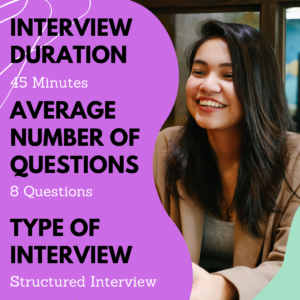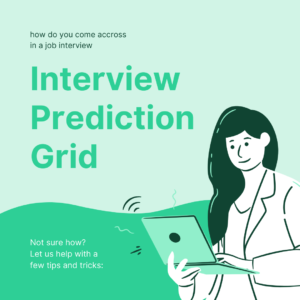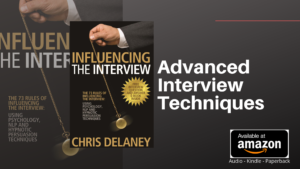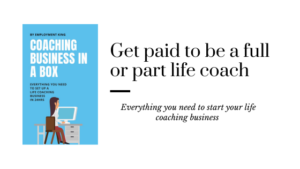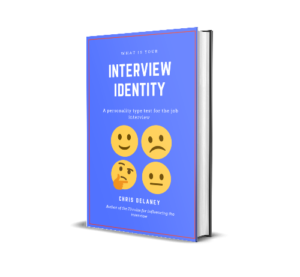The biggest question for a job hunter is ‘what interview questions will I be asked?’
The worlds richest person, Elon Musk, shared one of his hiring tactics during his talk at the World Government Summit in 2017.
In this speech, the Tesla CEO, explained how he always asks this one question during a job interview.
Unfortunately for Musk, sharing job interview questions prior to the job interview allows candidates to create high marking answers.
But the worlds most successful businessman uses his secret interview questions to detect deceit.
What Musk look’s for in a potential employee is “evidence of exceptional ability.” “If there’s a track record of exceptional achievement, then it’s likely that that will continue into the future,” Says Musk.
The question Musk uses is a behavioral interview question. Behavioral interview questions ask questions based on past behaviors. Promoters of this recruitment process believe that a zebra cant change it stripes – how an employee has previously behaved indicates their future job performance.
What interview question does Musk ask to challenge applicants?
“Tell me about some of the most difficult problems you worked on and how you solved them.”
The question seems pretty straight forward. So why is it so special?
This question can help interviewers spot liars. Part of the interview process is checking the accuracy of an applicants claims on their application form. If a career professional claims they can do X, the interviewers job is to clarify if the statement is true.
Musk explains his reasoning during an interview with Auto Bild “And of course you want to make sure if there was some significant accomplishment, were they really responsible, or was someone else more responsible?
To score high on this job interview question applicants need to give detailed answers “Usually, someone who really had to struggle with a problem, they really understand [the details], and they don’t forget.”
Detailed answers also have a high word per answer ratio which research show’s increase the scores given by an employer.
How to answer the ‘tell me about some of the most difficult problems you worked on and how you solved them?’ interview question.
The ideal answer is part of a 4 point structure process:
- Problem and the negative effect
- Creative problem solving
- Steps taken
- Positive outcome
Problem and the negative effect
Example answers are in essence a story telling technique.
Stories work best when they are emotional, and people are more emotional when listening to stories that they resonate with.
With this in mind, the interviewee should, initially, start their story by evoking pain. Charity adverts do this all the time. The advert starts with a film about someone suffering, the audience observing the suffering feel the pain they are seeing.
It’s the same within a job interview. Instead of just stating the problem, as most candidates do, give detail – this was what Musk encourages during job interviews.
Explain the projected outcome if the situation got out of hand. If no-one dealt with the problem or found a workable solution, what would the negative outcome be?
Ideally, the real-life story will have an emotional effect on the employer, especially if the situation is industry-related – the employer may have also been threatened by a similar situation.
Creative problem solving
Most interviewees, during the answering of behavioral interview questions, skip the creative problem-solving process required to take action. Techniques like the STAR model miss out on this fundamental part of an interview answer.
An applicant’s level of knowledge and expertise can shine out here, as an explanation of the employee’s thought process is being explained. By dissecting why one solution was discussed and dismissed over another, shows a level of competencies, as the applicant shows they didn’t need to learn from a mistake as their current level of understanding was enough to make an informed professional decision.
This is why Musk explained that: “Usually, someone who really had to struggle with a problem, they really understand [the details], and they don’t forget.”
Steps taken
The crux of the interview answer is to showcase the applicants ability to take action.
Here, without adding irrelevant detail or steps, explain the actions the interviewee took to solve the problem being discussed. Ideally, split this into 3 parts “to solve the issue I did A, B and C…”
Positive outcome
Returning to the charity advert example, the steps they want the customer to take is, often, to give a donation. The advert ends showing a positive outcome; the once suffering individual is now happily living a positive life – the customers feel good.
It’s the same in the interview; you explain the suffering of the situation, the required actions, and end with a positive solution.
During the job interview answer, state the outcome the company received from the actions the applicant took. Like the charity advert or like the end of a good story, this should evoke a positive feeling. In fact, if your solution to a problem was unexpected or creative this whole process can create the feeling of desire, increasing the applicant’s chances of landing a job offer.















